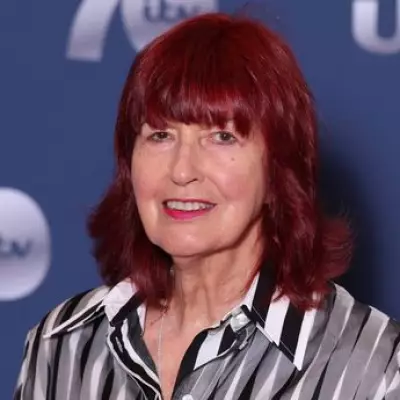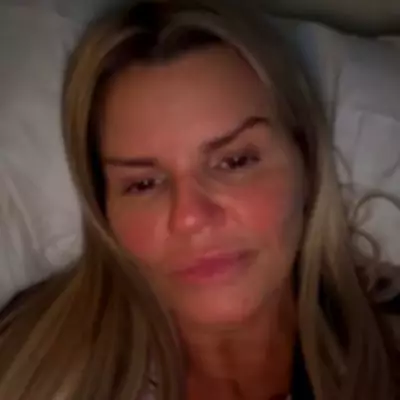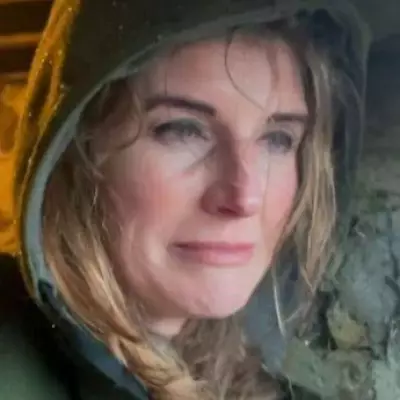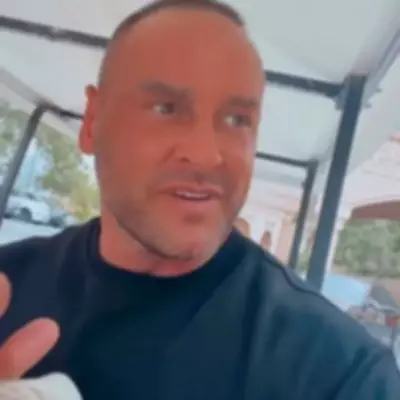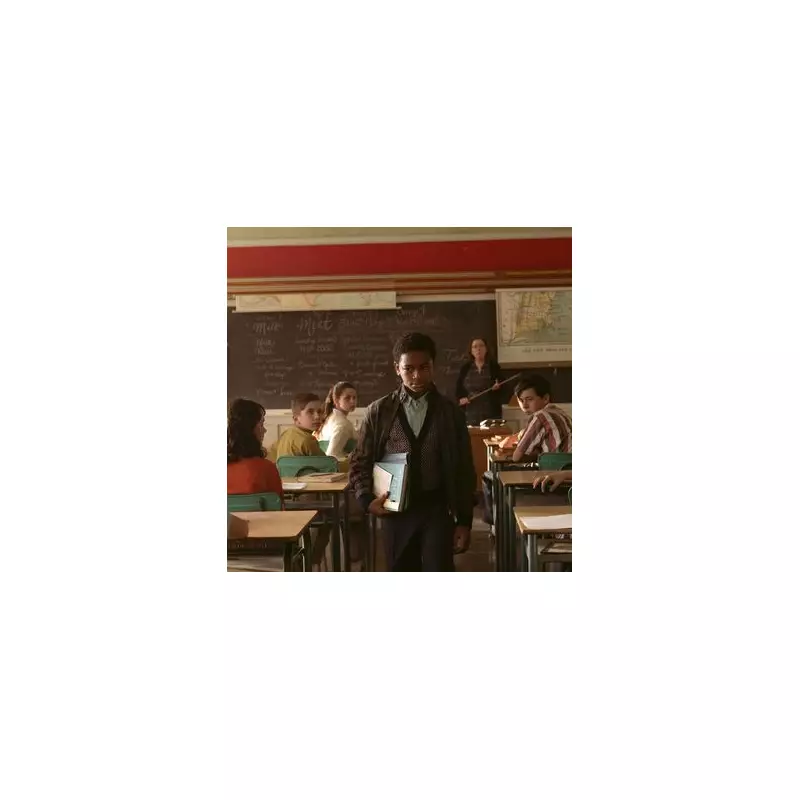
Stephen King enthusiasts are flooding social media with praise for the author's television adaptation of 'Under the Dome', describing the series as 'horrifyingly real' and remarkably prescient given current global circumstances.
The CBS production, which originally aired from 2013 to 2015, has experienced a significant resurgence in popularity as viewers rediscover its chilling narrative about a small American town suddenly sealed off from the outside world by an invisible, impenetrable barrier.
Unsettling Parallels to Modern Reality
Fans are particularly struck by how the series' depiction of a community grappling with isolation, resource scarcity, and social breakdown mirrors recent real-world events. The show's exploration of how ordinary people respond to extraordinary circumstances has taken on new meaning for contemporary audiences.
One viewer captured the collective sentiment perfectly, stating: 'Watching Under the Dome hits differently now. Stephen King's imagination somehow predicted aspects of our current reality with uncanny accuracy.'
Master of Psychological Horror
King's genius lies in his ability to transform everyday settings into arenas of psychological terror. The series demonstrates his trademark skill at revealing how quickly societal norms can unravel when faced with unprecedented challenges.
Another fan noted: 'What makes Under the Dome so terrifying isn't the supernatural dome itself, but how the characters react to it. The real horror comes from human nature under pressure.'
Enduring Relevance of King's Vision
The renewed appreciation for 'Under the Dome' highlights Stephen King's enduring ability to tap into fundamental human fears. His stories continue to resonate because they explore universal themes of morality, survival, and the fragility of civilization.
As one longtime King reader observed: 'This is why he remains the master of horror - he understands that the most frightening monsters aren't supernatural, but the ones that emerge from within ourselves and our communities when pushed to the limit.'

